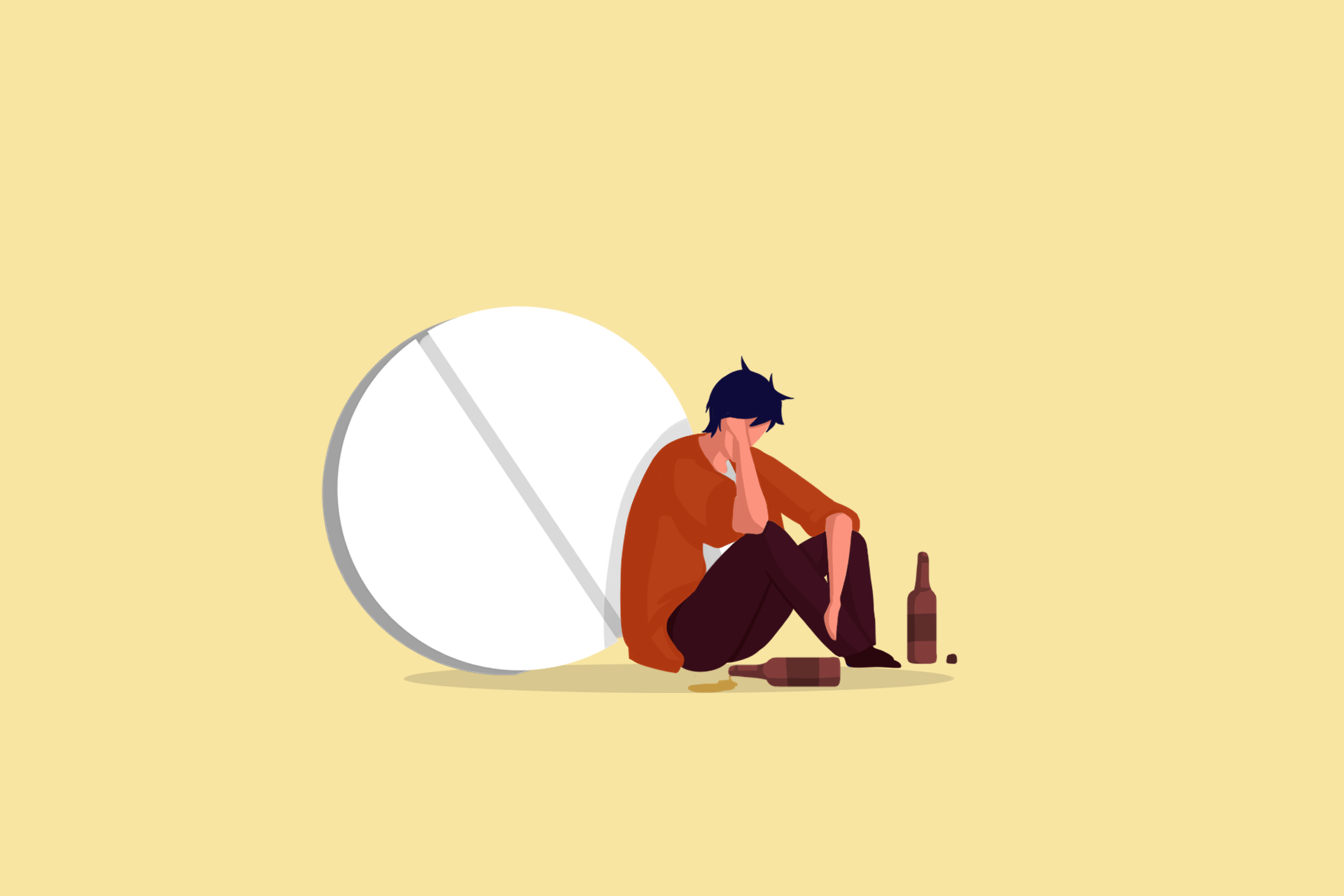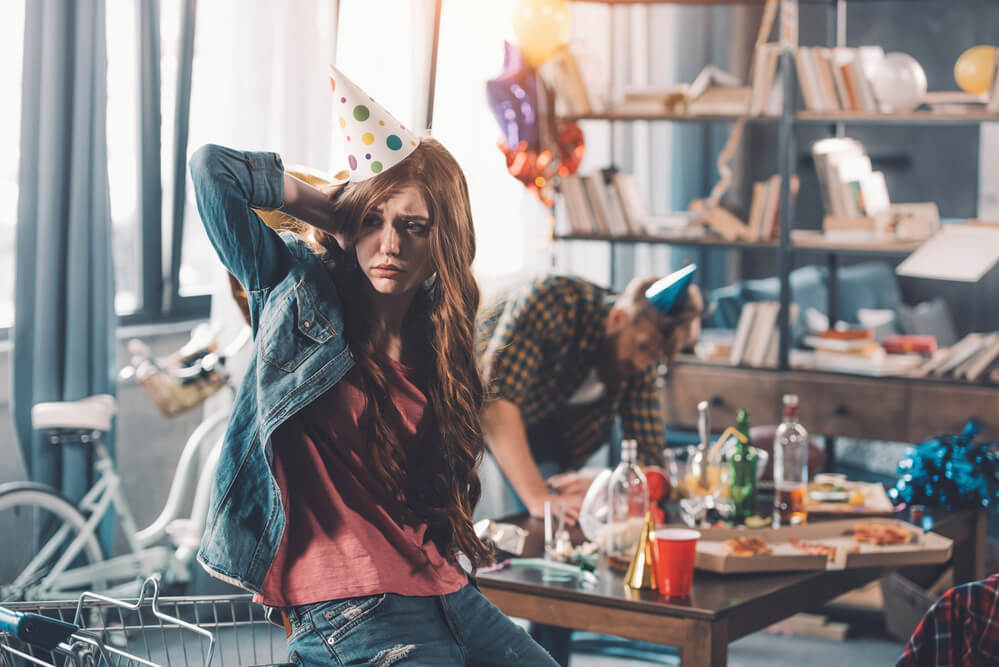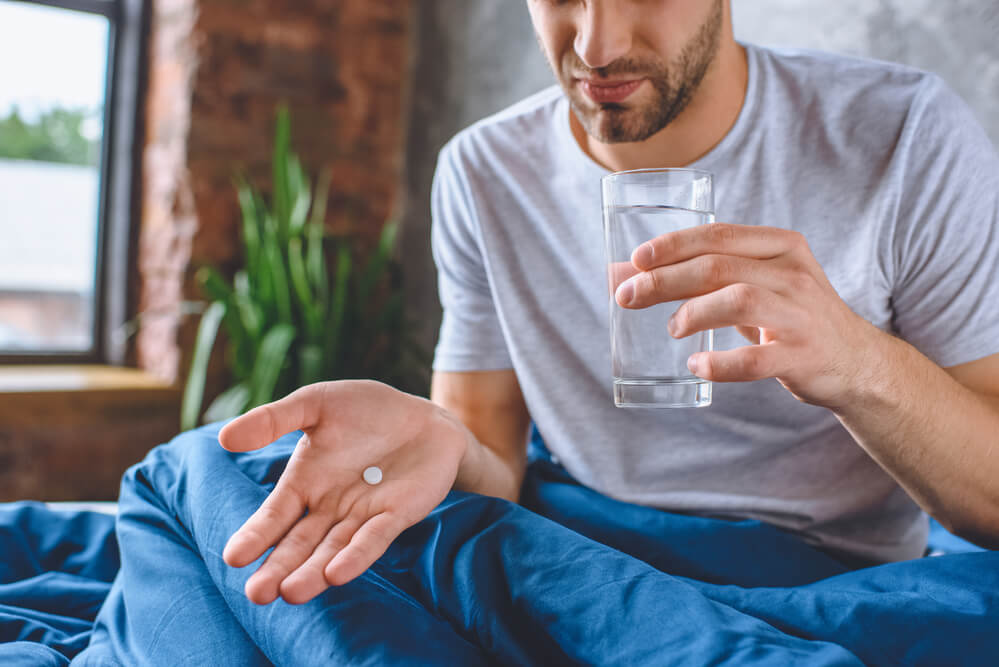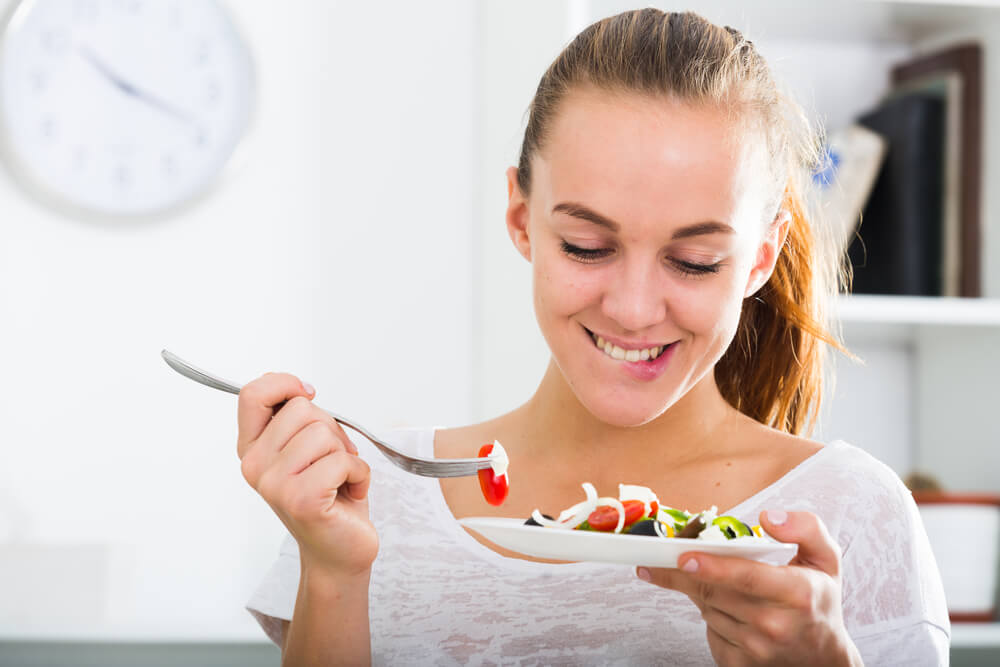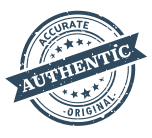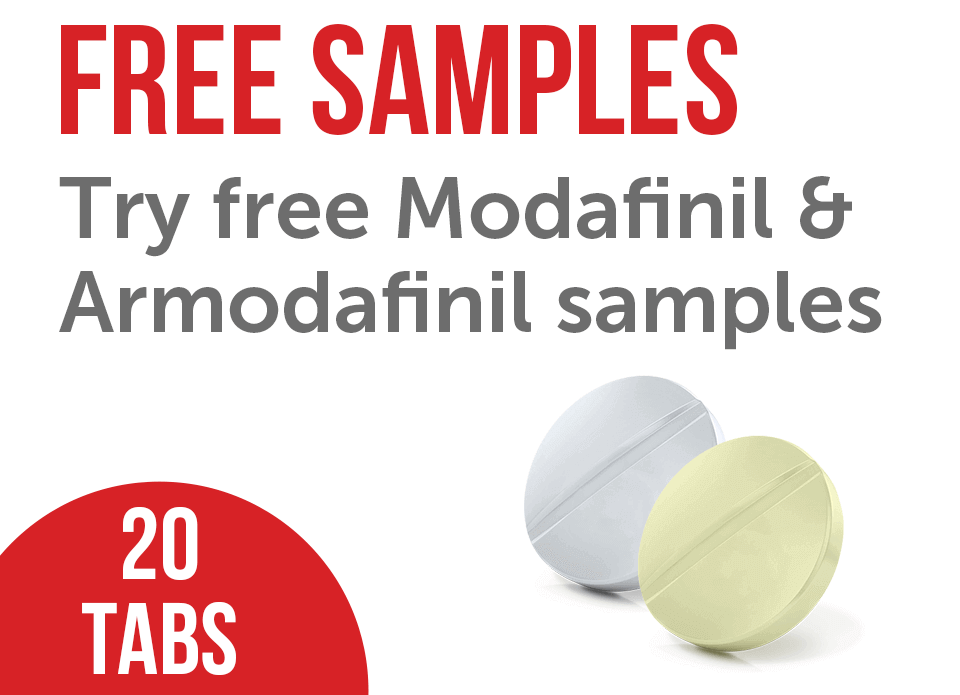Do modafinil and alcohol mix well? You’ve heard that it’s certainly dangerous, not to mention the numerous modafinil negative effects that are made far worse by the presence of booze. However, most people don’t know that a “modafinil hangover cure” exists. But, is it something you would want to experience – taking the “smart drug” during a hangover? It depends. However, it’s entirely possible to safely fix a painful hangover with 50 mg to 200 mg of modafinil & some other common-sense tactics. To some individuals, mixing the effects of modafinil against a hangover can certainly help save their productivity from plummeting. Without a doubt, this will make you get the prime things done, just like any other ordinary day. Rather than feeling like alcohol-induced death, it’s possible to have increased focus & get a renewed supply of great energy.
But the question is, Should you try using modafinil during a hangover? In this beginner’s guide, we’ll discuss the basics of modafinil & a hangover, tips on how to “cure” a hangover with the “smart tab,” the possible risks of taking modafinil for a hangover, as well as what users say about their experience of taking the “smart drug” for a hangover. But first things first.
What Is Modafinil Drug?
Modafinil is a wakefulness-augmenting agent that is classified as a central nervous system (CNS) stimulant [1]. It is approved by the United States Food and Drug Administration (FDA) to treat excessive sleepiness caused by the following medical conditions:
- narcolepsy;
- shift work sleep disorder (SWSD);
- obstructive sleep apnea (OSA).
Various physicians can prescribe modafinil for certain health conditions such as attention deficit hyperactivity disorder (ADHD), depression, multiple sclerosis fatigue, Parkinson’s disease, Alzheimer’s disease, jet lag, etc.
Because of its effectiveness and high safety profile, the medication has emerged as one of the world’s most robust nootropics for cognitive augmentation purposes. When the benefits of the “smart drug” were discovered, it quickly gained popularity on the market & became the substance of choice for those looking to ameliorate focus, mental acuity, & concentration, gain an advantage over the competitors, and boost productivity.
It certainly provides some cognition-augmenting effects such as heightened focus, increased motivation & alertness, and the fostered ability to concentrate on different tasks for longer periods. According to a study, the “smart drug” reliably ameliorates task enjoyment & performance on most of the cognitive tests of planning & working memory [2]. But how does this lead to individuals making a connection between modafinil and hangovers?
The “smart drug” can prevent you from sleeping or power your cognitive and productivity aspirations for up to 12+ hours after ingestion, giving you a perfect chance to meet an urgent deadline & produce the best results at work. Combining the nootropic & alcohol, for instance, during business meetings or while celebrating a deal, is something that has been discussed often, and it’s paramount to know the facts if you’re contemplating it.
Is there a serious interaction between the “smart tab” & alcohol? Can it lead to a decrease in cognitive ability following a night of heavy drinking? Here’s a glimpse of what can happen.
The Basics of Modafinil and Alcohol Hangover
Before providing an in-depth discussion of the “modafinil hangover cure,” let’s explain the science behind a hangover in further detail.
A hangover can be understood as the mental distress experienced in the form of unpleasant after-effects when an individual boozes. Hangovers are different for everyone & depend on a variety of factors. However, the chances of getting a hangover heighten with the more alcohol that one consumes.
Boozing is entirely subjective, as every individual is unique in how much alcohol they can tolerate. However, not everyone gets hangovers. This condition most notably manifests itself the next day as physical sickness, which can become extreme & even temporarily disabling.
Symptoms may vary from person to person; however, the most common ones are as follows [3]:
- fatigue;
- severe headache;
- intense thirst;
- loss of appetite;
- stomachache;
- sweating;
- tremor;
- muscle aches;
- quickened pulse;
- heightened systolic blood pressure;
- nausea;
- sensitivity to light & sound;
- vomiting;
- sleep disturbances;
- vertigo;
- weakness.
Besides the physical symptoms, a hangover can also alter the user’s mental & emotional states, leading to the following conditions:
- decreased attention;
- anxiety;
- irritability;
- depression;
- trouble concentrating.
Most users experience these symptoms within a day, though some may feel ill for up to 72 hours or so. During this time, the ability to carry out certain tasks, productivity, and certain cognitive functions may be impaired. Cumulatively, these effects can be detrimental to an individual’s social life, schooling, job, family responsibilities, or other prime duties and may even heighten the risk of injury.
A lot of hangover symptoms come from the undue stress that’s placed on the liver, which metabolizes nearly 90% of the alcohol ingested [4]. With this regard, the higher your blood alcohol content, the longer the liver takes to process it. The liver can only process a small amount of alcohol at a time (approx. one drink per hour). What if someone takes too much? If an individual drinks too much, then the alcohol left unprocessed by the liver continuously circulates throughout the bloodstream, affecting the heart and the brain.
Why it matters: The negative effects of hangovers on individual cognitive abilities are the prime reason why frequent drinkers are searching for an efficacious hangover cure. The key is to look for a solution that swiftly returns the brain function to pre-alcohol levels.
And here’s the need for modafinil. As a robust “smart drug,” it has already been used as a hangover cure by Wall Street gurus. Based purely on anecdotal revelations, it appears to ameliorate alertness, improves memory in areas such as digit span, digit manipulation, & pattern recognition, and effectively restores concentration in the morning hours after a rough time of drinking [5].
This can be attributed to modafinil’s proven ability to lessen fatigue in individuals suffering from extreme sleepiness, depression, and multiple sclerosis [6]. Some researchers suggest that the “smart drug” may assist alcoholics to lessen their impulsivity & lower alcohol intake [7].
So, we’ve discussed the basics. Now, how exactly can the “smart drug” be used as a cure for hangovers? Here’re the real tips.
Tips on How to “Cure” Hangover with Modafinil
The “nootropic hangover cure” doesn’t solely involve popping the pill & expecting it to function like magic. It involves addressing every possible alcohol-induced hangover symptom, beginning from the very first moment you wake up. Here, we’ve combined various scientific research tips and tricks with the personal experience of hundreds of the “smart tab” users to effectively formulate this protocol.
Here is the first-rate detailed plan for mixing modafinil & hangovers.
Get Plenty of Sleep
Individuals who get good sleep generally experience less severe hangovers after alcohol intake. Booze can certainly impair sleep quality, which is linked to a heightened next-day hangover severity & a lessened activity level.
Make sure you have a minimum of 7 hours to get adequate sleep, as sleep quality is automatically lessened after booze [8]. The quality of sleep is disturbed by the overproduction of glutamine, a natural stimulant. Alcohol triggers both stimulating & sedative effects. While the stimulating effects of alcohol are believed to be linked with rising blood alcohol concentrations (BACs), the sedative effects are linked with already high BAC levels. The stimulating effects are generally associated with the activation of dopamine release in the brain’s reward circuitry. During alcohol intake, glutamine production is generally suppressed, and when alcohol leaves the body, the latter then attempts to recover lost levels of glutamine (glutamine rebound).
Fatigue, irritability, & headaches are some of the hangover symptoms exacerbated by inadequate sleep. Having adequate night’s sleep following alcohol intake & allowing yourself to recover may help alleviate possible symptoms & make a hangover more bearable.
Additionally, make sure you’re waking up naturally.
The quantity & quality of sleep have a profound impact on various aspects of learning & memory. Enough sleep helps learning & memory in two distinct ways. First, a sleep-deprived person can’t optimally focus attention. Second, sleep itself has a role in the consolidation of memory. Always ensure you get enough sleep after alcohol consumption before engaging in an activity that necessitates super brainpower, focus, alertness, as well as concentration. Losing even a few hours of sleep can have detrimental effects on a wide variety of your cognitive processes such as reasoning, attention, language, learning, decision making, & memory [9].
Take a Long Shower
A good shower ensures the day starts off right. Participants in a survey of bathing practices reported sensations or feelings of relaxation, warmth, relief from fatigue, & refreshment after immersion bathing [10]. Bathing also has several benefits including the following:
- improved heart health;
- easier breathing;
- taking care of blood & immunity & balancing the hormones;
- reduced stress, anger, hostility, tension, anxiety, & depression.
Bathing certainly ameliorates mental health. A warm shower can lessen symptoms of depression & anxiety. The body’s reaction to being warm naturally relaxes the muscles & thoughts. Because of this mechanism, the risk of experiencing depressive symptoms due to hangovers is lower following a good shower.
Always Hydrate Yourself
Water intake & brain function are integrally linked. There is some evidence that always having a drink of water results in ameliorated cognition in thirsty adults. It’s also linked with better performance on tests of memory & attention [11]. Besides, dehydration negatively impacts individual cognitive abilities, and this is worsened after excessive alcohol intake. Consuming more water improves concentration, attention, as well as short-term memory [12].
At that point when the brain is functioning on a full reserve of water without any alcohol after-effects, there will be various cognitive benefits including the ability to think faster, be more focused, & experience greater clarity as well as super creativity. These effects are boosted with the use of a nootropic such as modafinil. Besides, drinking plenty of water heightens the brain’s temperature & gets rid of toxins & dead cells. It also keeps cells active & balances chemical processes existing in the brain, aiding in regulating stress & anxiety.
Now, what happens when you drink too much alcohol? Alcohol has a significant effect on dehydration. It’s a diuretic that causes the body to remove fluids from the blood through the renal system, which includes the ureters, bladder, and kidneys, at a much quicker rate than other liquids. If you don’t drink enough water with alcohol, you can become dehydrated quickly.
Why it matters: Taking plenty of water will assist your body to swiftly process the remaining alcohol. Over the day, drink at least 4 liters of water. Start your day with at least 0.5 liters of water.
Also, it’s prudent to take a lot of water on the night you are drinking. Take a minimum of 1 glass of it per glass of alcohol.
Consume a Large, Hearty Breakfast
Besides rehydrating yourself, getting a good meal as soon as you wake up is beneficial. Your diet does matter. Some food may energize you. Eating well is good for your mental & physical health. Plant-based foods help slow down cognitive decline. Dietary patterns and single nutrients have a significant effect on specific cognitive domains, such as memory in general, information processing speed, or episodic memory. Just like the heart, the brain requires nutrients to effectively function.
Why it matters: The ability to concentrate & focus comes from an adequate, steady supply of superb energy in the form of glucose in our blood to the brain. Always eating quality food is a must to reap the cognitive reward.
Your meal should consist of adequate vitamins, nutrients, & electrolytes depleted by alcohol use. This recommendation of quality meals is entirely subjective with regards to specific foods, but frequently advisable dietary choices include the following [13]:
- avocado;
- eggs;
- pickles;
- blueberries;
- meat;
- oatmeal;
- dark leafy greens, e.g., spinach;
- sweet potatoes;
- chicken noodle soup.
Consuming a hearty breakfast is one of the remedies for a hangover. A good breakfast can assist you to maintain blood sugar levels; although low blood sugar levels are not the cause of a hangover, they’re often linked with it. Low blood sugar also contributes to some hangover symptoms, such as fatigue, weakness, and nausea. Always having adequate blood sugar levels in the body can mitigate some of the bodily changes that usually occur with alcohol intake, such as the buildup of acid in the blood.
Why it matters: Eating a well-balanced, nutritious, & hearty breakfast the morning after drinking alcohol may help lessen hangover symptoms. Take plenty of foods with high protein, complex carbohydrates, & healthy fat sources.
Take Plenty of Electrolytes
Electrolytes are very important because they help balance the amount of water in the body. Sodium, potassium, magnesium, and calcium are some types of electrolytes. We get them from what we eat & drink. Such electrolytes are depleted by alcohol use.
Alcohol can cause electrolyte imbalance in 3 major ways: through heightening fluid loss, increasing electrolyte excretion, & diluting the concentration of electrolytes within the body. Inadequate levels of electrolytes can lead to undesirable symptoms such as fatigue & dizziness [14].
Therefore, if you take alcohol, ensure you consume some electrolytes in the morning & also throughout the whole day to restore an optimal balance of the minerals in your body.
The best electrolyte-dense sources are Pedialyte, coconut water, & Gatorade since all these have been known to be efficacious at rehydration. Coconut water is easier to ingest in large amounts since it doesn’t cause stomach upset [15].
Take Some of the Best Supplements
Several studies depict that some supplements might ease hangover symptoms. They are as follows:
- red ginseng: It reduces blood alcohol levels & hangover severity [16];
- prickly pear: This type of cactus could help treat hangovers. Its extract decreases hangover symptoms & cuts the risk of hangover severity in half [17];
- ginger: Mixing it with brown sugar & tangerine extract ameliorates several hangover symptoms, including vomiting, nausea, & diarrhea [18];
- borage oil: According to a study, a supplement containing prickly pear & borage oil lessened hangover symptoms in 88 percent of participants [19];
- eleuthero (Siberian ginseng): Supplementing with the eleuthero extract certainly alleviates several hangover symptoms & lessens the overall severity of the condition [20].
Note that adequate research is lacking, and further studies are needed to evaluate the effectiveness of various supplements at reducing hangover symptoms.
Take Modafinil
This is the peak of the strategy. Now that you are well-rested, fully awake, well-hydrated, & certainly well-fed, it’s prime time to put the “nootropic hangover cure” to good use.
Some people prefer taking modafinil 100 mg, while others need 200 mg to feel something. A 200 mg tablet is the higher end of what an ideal modafinil dose would be. We believe this can override fatigue & exhaustion brought about by the hangover.
The caveat is you need to have an excellent grasp of what you’re trying to get yourself into. For many people, having a day that has gone to waste can be a very depressing feeling. So often, after a night of booze-ups, that is the case the following day.
Using modafinil with caution the day after consuming alcohol can certainly assist you to win your fight against procrastination. Still, the tab will let you be super productive within a few hours of waking up and after performing the above-listed strategies instead of spending most of the day in bed and experiencing the booze-up after-effects.
Swiftly Start Performing Your Productive Tasks
After you take the “smart drug,” it’s almost impossible to feel fatigued or lose focus. Right after you pop the pill, start working on a planned task immediately. It will allow you to achieve 10+ hours worth of work without feeling exhausted or requiring a nap.
Why it matters: Don’t take the “smart drug” & then wait around for its effects to kick in. It’s prudent to avoid this trap – you might end up doing other things the effects of modafinil get you engaging in. Nobody wants to end up wasting around 8 hours mindlessly doing unproductive things. The “smart drug” tends to take an hour or so for its effects to kick in. Always have a working plan! Getting started right away after popping the pill is the prime rule on how to take modafinil effectively.
Take a Meal Before Bed
As a rule, your last meal before bed should be as large as the first meal you take after waking up.
Due to modafinil’s appetite-suppressing effects, you don’t need to go to bed malnourished. It’s not recommended. A large & healthy meal will help you fall asleep, ensuring you wake up the next morning feeling extremely refreshed, focused, & super active [21].
Ensure you make a conscious effort to eat when using modafinil. It can also mean sticking to your typical meal schedule — even if you don’t feel hungry. Doing so helps minimize some negative effects of the “smart drug” such as headaches and nausea. Many modafinil users who experience stomach issues & nausea after popping the pill discover that it’s due to not eating adequate food during the “smart drug” intake.
Possible Risks of Taking Modafinil for Hangover
Even though the “smart drug” & hangovers can coexist together, there are certainly a few precautions you need to take.
There are no scientific studies done on mixing modafinil & alcohol. However, we know that the official product monograph doesn’t advise taking both substances at the same time [22].
Another consideration is that you are seriously putting your health at risk when you mix a CNS stimulant such as modafinil with a CNS depressant such as alcohol. We all respond differently, and the results may vary.
Combining stimulants & depressants is not always the best strategy. It puts the body under immense pressure. The respiratory, cardiovascular, and central nervous systems are put into a frenzy with simultaneous mixed signals to speed up & slow down [23].
The “smart drug” & alcohol have a significant effect on two of the brain’s neurotransmitters: glutamate & gamma-aminobutyric acid (GABA). GABA, a primary inhibitory neurotransmitter of the brain, helps regulate energy levels, anxiety, as well as sleep. Plenty of GABA in the system makes you sleepy & generally less active.
On the other hand, glutamate is tasked with sending signals between the brain’s nerve cells. It is known to ameliorate learning and memory. It’s also essential to brain development & aids in triggering nerve impulses.
Inadequate GABA results in the imbalance of other neurotransmitters. This effect might lead to stimulation & can cause anxiety by overwhelming the brain [24]. Anxiety may also be triggered by high levels of glutamate [25].
The “smart drug” restrains GABA production while heightening glutamate levels [26][27]. Alcohol, on the other hand, heightens GABA activity while decreasing glutamate production [28]. Thus, the “smart drug” & alcohol interaction pulls the brain in opposite directions.
Another effect is that some of the most frequent modafinil negative reactions are dehydration & nausea, which are certainly caused by a hangover.
Don’t forget: Don’t booze & take modafinil at the same time. The “smart drug” may seem like the ultimate remedy for dealing with a hangover & staying productive, but actually, mixing both substances is certainly a no-go area. Most prescription medicines rarely mix well with booze, and the “smart drug” is certainly no different.
Both alcohol and the “smart drug” place extra strain on the liver. After ingestion, the liver metabolizes both of these substances. When taking them at the same time, the liver is certainly put under undue stress.
In general, we’re firmly against mixing modafinil and alcohol. Not only are there health risks, but the discussed info is just an instance of how not to use the “smart tab.”
User Experience
Across the web, there are several user experiences on the use of the “smart drug” after alcohol intake. What do modafinil enthusiasts have to say about the drug & hangovers?
Actually, there are mixed reactions. Some people swear by the use of the “smart drug” as a way to offset the unwanted negative effects of a hangover. For instance, an individual took the “smart drug” a few times a week to help them during school work. After taking it following a night of booze the next day, the hangover was significantly reduced. A Redditor reported waking up with a pounding headache & overall hate of life, but once they ingested the modafinil tab, there was a big difference. Half an hour later, the user experienced great alertness & was in a good mood [29].
Another Redditor said that the “smart drug” allowed them to be super productive a day after moderate alcohol intake. According to one more user, modafinil can help with tiredness that often comes with a hangover. Some individuals think that kratom is the way to go when having a hangover. The reason is that the “smart drug” increases alcohol tolerance [30].
Although modafinil helps with hangovers, especially at low doses – from 50 mg to 200 mg, other “smart drug” users claim the opposite effect, saying that it worsened their hangovers.
One user reported that they went through their day with a hangover, but once they took modafinil 100 mg, the drug did a good job of keeping them alert. As reported, their activities went quite well, but the headache kicked in 3 hours later, and it was bearable. After getting home, the headache got a lot worse, making them unable to achieve much in their activities [31].
Note: Most users advise taking no more than 50 mg of the “smart drug” if it is being used to fix a hangover. It may work for some users while producing a slight difference for others.
Final Thoughts: Modafinil and Hangover
Is combining the “smart drug” & alcohol a good experience? We don’t give a conclusive answer because there is a small amount of scientific evidence that suggests the “smart drug” hangover fix is possible & may be more effective than expected. Nonetheless, it is imperative to mix the “smart drug” with other sound practices (i.e., nutrition, sleep, hydration, etc.) for first-rate results.
By doing so, you can lessen the productivity-killing effects of booze & avoid falling behind your prime tasks throughout the day. Given tips are just anecdotal, but still, the “modafinil hangover cure” may certainly work for some individuals. However, don’t attempt to do this regularly since boozing & hangovers are certainly bad for your health.
References
- Modafinil. By Karl Greenblatt and Ninos Adams. Last update: September 11, 2020. Retrieved: July 2, 2021. Ncbi.nlm.nih.gov.
- Effects of modafinil on non-verbal cognition, task enjoyment, and creative thinking in healthy volunteers. By U. Müller, J. B. Rowe, T. Rittman, C. Lewis, T. W. Robbins, and B. J. Sahakian. Published: January 2013. Sciencedirect.com.
- The Symptoms of a Hangover. By Buddy T. Medically reviewed by John C. Umhau, MD, MPH, CPE on July 25, 2020. Retrieved: July 7, 2021. Verywellmind.com.
- Alcohol and the Liver. By Jeffrey Juergens. Published: June 16, 2021. Clinically reviewed by Theresa Parisi on July 9, 2019. Addictioncenter.com.
- Wall Street’s Favorite Drugs | Provigil. By Courtney Comstock. Published: May 10, 2011. Businessinsider.com.
- Specific Treatment of Residual Fatigue in Depressed Patients. By Humberto Marin, MD, and Matthew A. Menza, MD. Published: September 2004. Ncbi.nlm.nih.gov.
- Modafinil may help some people to reduce drinking by improving their impulse control. Published: February 2, 2013. News-medical.net.
- Sleep After Heavy Alcohol Consumption and Physical Activity Levels During Alcohol Hangover. By Lydia E. Devenney, Kieran B. Coyle, Thomas Roth, and Joris C. Verster. Published: May 27, 2019. Ncbi.nlm.nih.gov.
- Sleep for cognitive enhancement. By Susanne Diekelmann. Published: April 2, 2014. Ncbi.nlm.nih.gov.
- Physical and Mental Effects of Bathing: A Randomized Intervention Study. By Yasuaki Goto, Shinya Hayasaka, Shigeo Kurihara, and Yosikazu Nakamura. Published: June 7, 2018. Ncbi.nlm.nih.gov.
- The effect of water consumption on cognitive performance. By C. J. Edmonds. Published: October 2012. Sciencedirect.com.
- Effects of Water Provision and Hydration on Cognitive Function Among Primary-School Pupils in Zambia: A Randomized Trial. By Victoria Trinies, Anna N. Chard, Tommy Mateo, and Matthew C. Freeman. Published: March 7, 2016. Ncbi.nlm.nih.gov.
- The 23 Best Hangover Foods. By Lizzie Streit, MS, RDN, LD. Published: August 26, 2018. Healthline.com.
- Electrolyte Imbalance. By Healthgrades Editorial Staff. Updated: November 1, 2020. Medical reviewer: William C. Lloyd III, MD, FACS. Retrieved: July 2, 2021. Healthgrades.com.
- Rehydration after exercise with fresh young coconut water, carbohydrate-electrolyte beverage, and plain water. By Mohamed Saat, Rabindarjeet Singh, Roland Gamini Sirisinghe, and Mohd Nawawi. Published: March 2002. Pubmed.ncbi.nlm.nih.gov.
- Red ginseng relieves the effects of alcohol consumption and hangover symptoms in healthy men: a randomized crossover study. By Mi-Hyang Lee, Jung Hyun Kwak, Gayoung Jeon, et al. Published: March 2014. Pubmed.ncbi.nlm.nih.gov.
- Effect of Opuntia ficus indica on symptoms of the alcohol hangover. By Jeff Wiese, Steve McPherson, Michelle C. Odden, and Michael G. Shlipak. Published: June 2004. Pubmed.ncbi.nlm.nih.gov.
- Clinical effectiveness of KSS formula, a traditional folk remedy for alcohol hangover symptoms. By Mizuho Takahashi, Wei Li, Kazuo Koike, and Kiyomi Sadamoto. Published: October 2010. Pubmed.ncbi.nlm.nih.gov.
- Consumer Satisfaction and Efficacy of the Hangover Cure After-Effect©. By J. C. Verster and O. Berthélemy. Published: July 18, 2012. Ncbi.nlm.nih.gov.
- Clinical effect of a polysaccharide-rich extract of Acanthopanax senticosus on alcohol hangover. By Joon Seok Bang, Yoon Hee Chung, Su Jin Chung, et al. Published: April 2015. Pubmed.ncbi.nlm.nih.gov.
- Falling asleep after a big meal. By Thomas Gallagher and Young-Jai You. Published: January 31, 2014. Ncbi.nlm.nih.gov.
- Provigil® (modafinil) Tablets [C-IV] (pdf). Retrieved: July 2, 2021. Accessdata.fda.gov.
- Dangers of Using Stimulants and Depressants Together. Published: April 25, 2018. Blackbearrehab.com.
- Anxiety disorders and GABA neurotransmission: a disturbance of modulation. By Philippe Nuss. Published: January 17, 2015. Ncbi.nlm.nih.gov.
- GABA and Glutamate in Fibromyalgia and Chronic Fatigue Syndrome. By Adrienne Dellwo. Medically reviewed by David Ozeri, MD, on September 24, 2020. Retrieved: July 7, 2021. Verywellhealth.com.
- The vigilance promoting drug modafinil decreases GABA release in the medial preoptic area and in the posterior hypothalamus of the awake rat: possible involvement of the serotonergic 5-HT3 receptor. By L. Ferraro, S. Tanganelli, W. T. O’Connor, et al. Published: December 6, 1996. Pubmed.ncbi.nlm.nih.gov.
- The antinarcoleptic drug modafinil increases glutamate release in thalamic areas and hippocampus. By L. Ferraro, T. Antonelli, W. T. O’Connor, et al. Published: September 8, 1997. Pubmed.ncbi.nlm.nih.gov.
- Neurotransmitters in alcoholism: A review of neurobiological and genetic studies. By Niladri Banerjee. Published: January 2014. Ncbi.nlm.nih.gov.
- Modafinil is my go-to hangover cure. By laxisalifestyle | r/Drugs. Retrieved: July 2, 2021. Reddit.com.
- Does it help with hangovers? By RangaRedRascal | r/modafinil. Retrieved: July 2, 2021. Reddit.com.
- Headache – Modafinil or hangover? By HydraSmores | r/afinil. Retrieved: July 2, 2021. Reddit.com.
